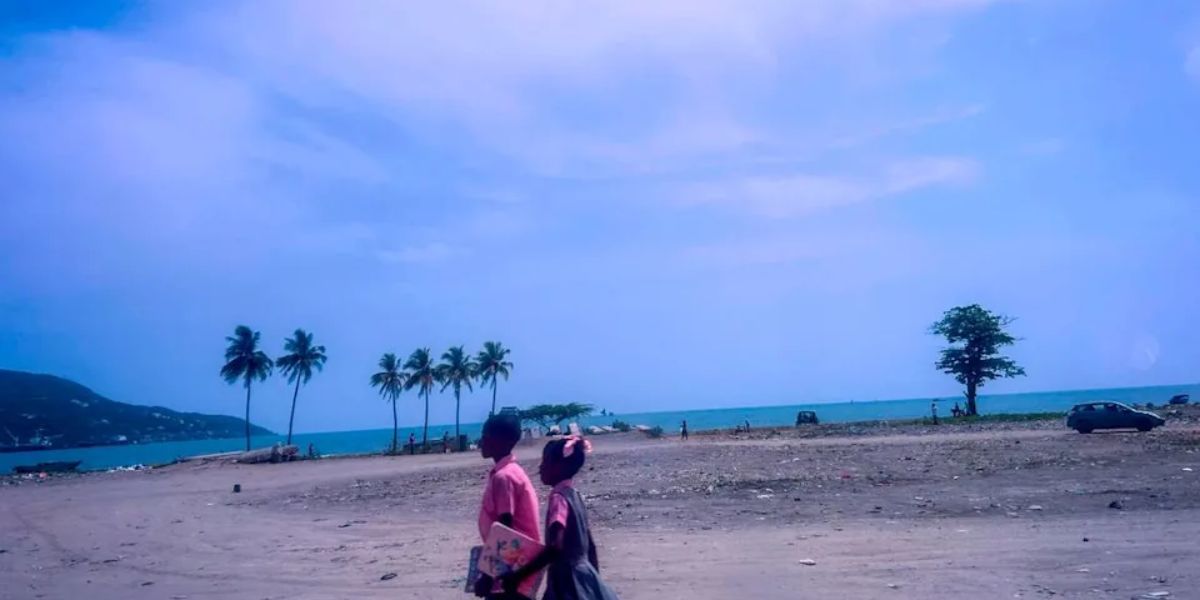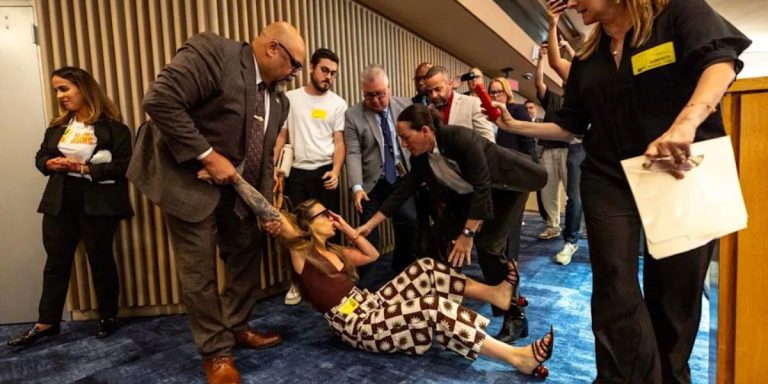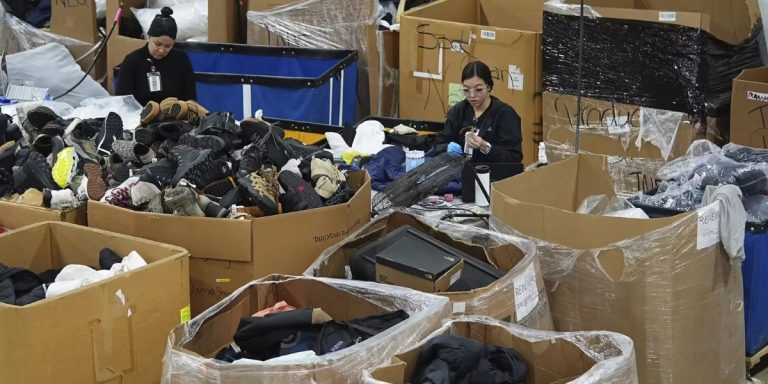Nadine Mallebranche was five years old when her family escaped Francois “Baby Doc” Duvalier’s Haiti in the late 1980s due to political unrest.
The Mallebranche family found shelter in the United States. Mallebranche moved about foster homes after her parents died when she was 13 years old. Social workers attempted to assist her with her immigration case, but it slid between the gaps, she claims. She was confused about her legal status for decades.
Mallebranche’s life changed when Haitians were granted deportation safeguards and work permits as part of Temporary Protected Status. For the past 15 years, she hasn’t had to worry about being deported to a country she doesn’t remember. She might legally work as a store manager.
“It was a lifeline,” she told The Miami Herald.
Mallebranche, 45, learned on Friday that the Trump administration is eliminating TPS for more than half a million Haitians living in the United States. This fall, she may be forced to return to a gang-ridden Caribbean country plagued by record hunger and political turmoil.
“I’m facing potential deportation to a country that is overrun by criminal gangs,” Mallebranche told reporters. “The only home that I know is the United States.”
In the first six months of 2025, violent violence in Haiti killed almost 2,700 people. Sexual violence and kidnapping are widespread. Almost 1.3 million people are internally displaced, and 5.7 million are experiencing extreme hunger.
However, a spokesperson for the Department of Homeland Security stated on Friday that “the environmental situation in Haiti has improved enough that it is safe for Haitian citizens to return home” — despite the fact that the State Department advises Americans not to travel there due to kidnapping, civil unrest, limited healthcare, and extreme gang violence. This week, the agency encouraged Americans to “depart as soon as possible.”
Litigation challenging the termination of Haiti’s TPS is quite likely. However, the Trump administration’s decision to abolish TPS has sent shockwaves through South Florida, the hub of the Haitian diaspora in the US. According to the United States Census Bureau, more than 300,000 Haitians live in the Miami metropolitan region. Florida has a population of around 511,000.
In South Florida, campaigners and community groups slammed Homeland Security’s decision on Friday, calling it a dangerous and wicked policy that endangers Haitians’ lives if they are forced to return there.
“Deporting Haitians back to Haiti is a kiss of death,” said U.S. Representative Frederica Wilson, who represents Miami. “This news is insane on steroids, and it is terrible for my community. We cannot send any more individuals back to Haiti. “This decision is hateful, inhumane, and heartless.”
“Deeply concerning,” stated United States Representative Sheila Cherfilus-McCormick. “”The economic impact is also significant. TPS holders and their family pay an estimated $2.3 billion in federal and $1.3 billion in state and local taxes per year. The loss of hundreds of thousands of workers would have an impact not only on South Florida, but also on the national economy.”
According to a statement from the Florida Immigrant Coalition, “Haiti is in no shape to sustain human dignity and life, and any suggestion to the contrary is nothing but lies.”









